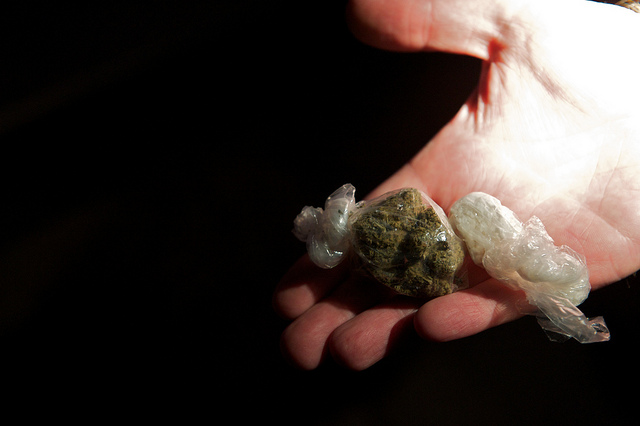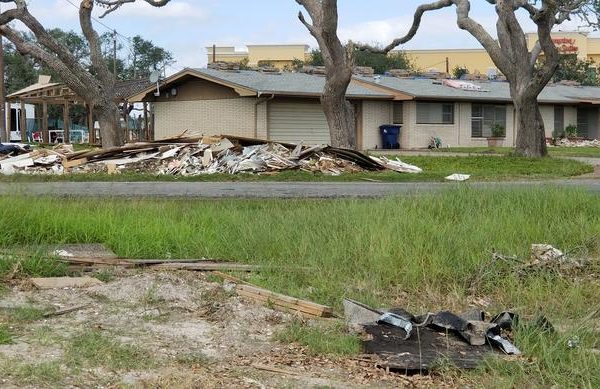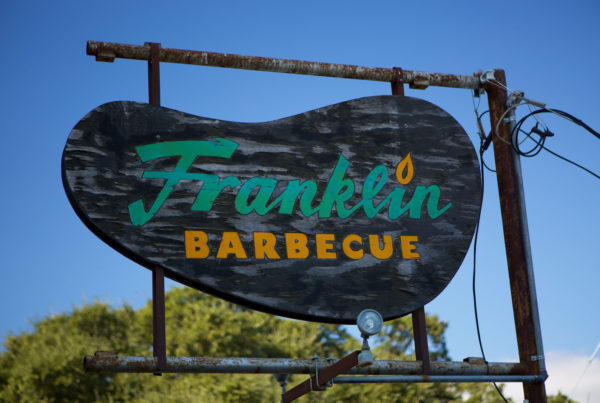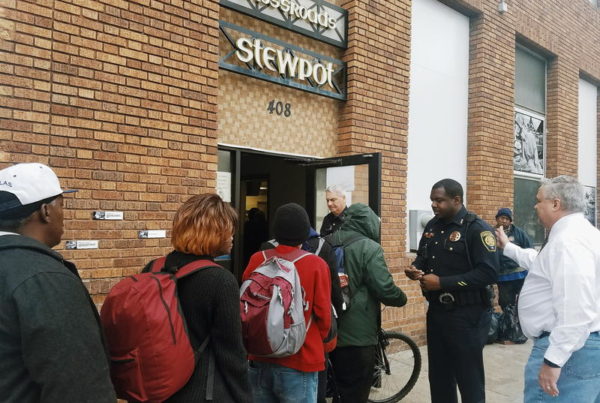Every fall, the Drug Enforcement Agency releases its National Drug Threat Assessment. It’s a wide ranging report that touches on everything from illicit drugs to prescription abuse to street gang and transnational cartel activity.
Texas, of course, has a handful of mentions in the report, especially in regards to the latter. The state sees a lot of cartel activity, given its close proximity to the border. Dr. Nathan Jones, nonresident scholar in Drug Policy and Mexico Studies at Rice University’s Baker Institute for Public Policy, says that cartels are moving away from importing marijuana as more states legalize or decriminalize the drug.
“There was a Mexican report that came out back in 2012 that said if the neighbors legalized, they predicted a 30 percent drop in revenues for marijuana,” Jones says. “Almost dead on, that happened when California, Oregon, Washington started moving in that direction. So what you’ve seen (among cartels) is a push toward methamphetamine.”
Jones says that at least one newer cartel has popped up with a specific focus on meth. One instance is the case of Nacho Coronel – the “King of Crystal.” Once a member of the Sinaloa cartel alongside Joaquín “El Chapo” Guzmán, he was killed in 2010 by the Mexican government.
“But out of the outgrowth of his organization, this very powerful new cartel came along – the Cartel De Jalisco Nuevo Generacion,” Jones says, “and they’ve been pushing meth big time.”
The DEA has found that that cartel – the CJNG – has a major stake in the San Antonio drug market. But Jones says not to be too alarmed about a cartel takeover of Texas cities in the same way that the gangs have taken over towns in Mexico. That’s because, he says, of a stronger rule of law here, and that cartels “know better” than to draw too much attention to themselves north of the border.
“So they function in the United States, certainly, but they function in a different way,” he says. “They’re much more low profile. They try to minimize violence, and certainly public violence – there have been a few notable exceptions, some here in Texas. But in general, I don’t think its cause for panic.”
















